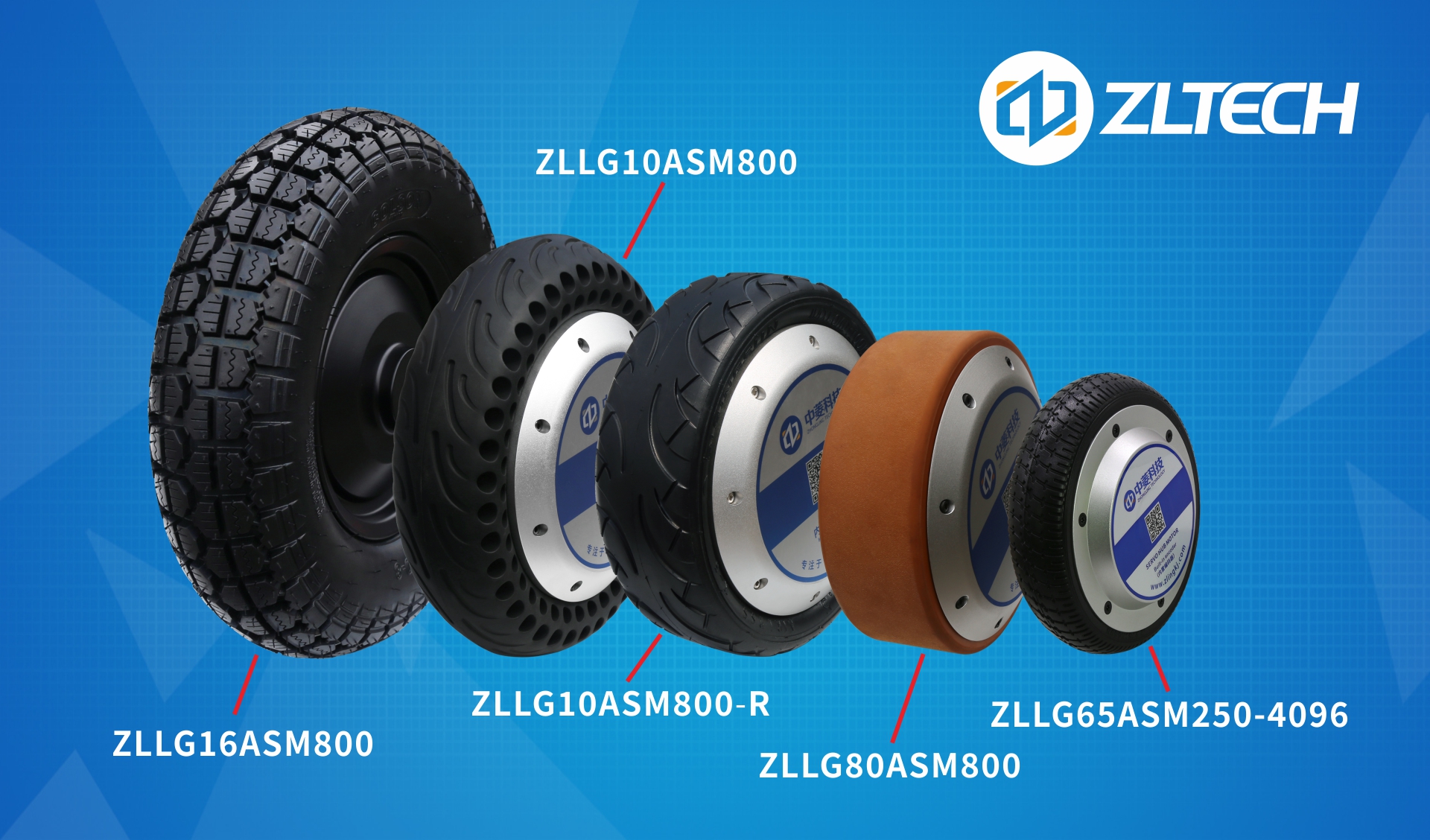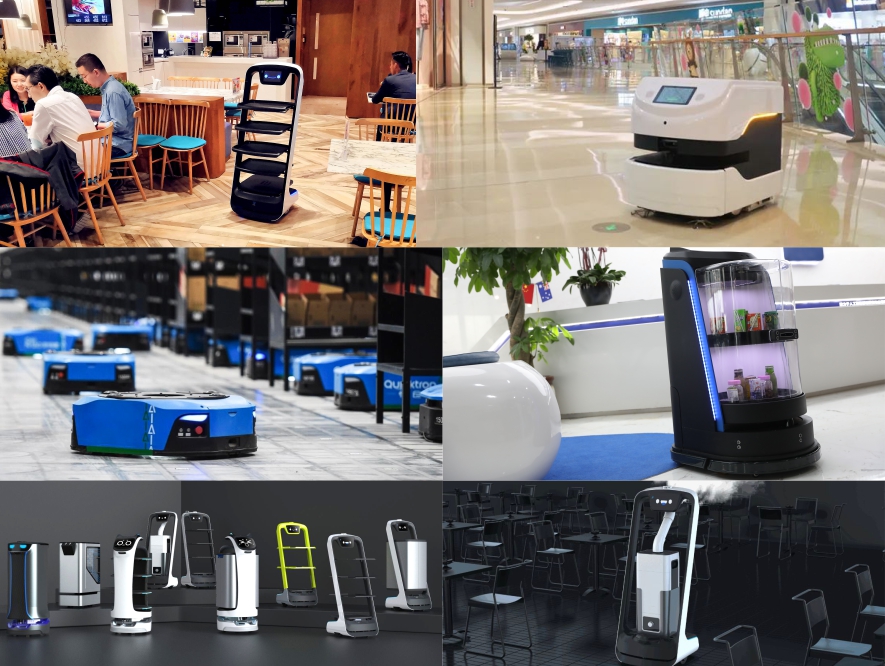With the rapid development of artificial intelligence and robotics technology, the learning behavior of robots has become the core driving force for their intelligence. In this field, the role of hub motors is becoming increasingly significant. They are not only the source of power for robots, but also an important driving force for shaping their learning behavior.
The high integration of hub motors enables robots to perceive and respond to the environment more freely during learning. Traditional motor systems typically consist of multiple independent components, while hub motors integrate the drive system into the hub structure, providing a more compact and simplified design. This integration enables robots to perceive the surrounding environment more flexibly and adjust their behavior through real-time feedback data. For example, in robot navigation, the integrated design of hub motors enables robots to respond more quickly to complex path planning and environmental changes, providing richer information for learning.

Secondly, the efficient energy utilization of hub motors provides sustainable power support for robot learning. Robot learning typically requires a large amount of computation and model training, while hub motors, with their efficient electrical energy conversion performance, can provide longer working hours under limited electrical resources. This creates conditions for robots to perform more complex and time-consuming tasks during the learning process, prompting them to gradually optimize and improve their behavior.
The precise control of hub motors injects higher intelligence into robot learning behavior. In the process of robot learning, it is not only necessary for the robot to accurately perceive the environment, but also to be able to perform specific actions in a precise manner. The hub motor provides precise speed and position control, enabling robots to adjust their behavior more finely and achieve efficient processing of complex tasks. For example, in industrial robots, the high-precision control of hub motors enables robots to complete highly precise machining of parts, providing strong support for the intelligence of the manufacturing industry. Shenzhen Zhongling Technology Co., Ltd, which has been deeply involved in the wheel hub motor industry for many years, has developed dozens of wheel hub motor products that have been market tested. Their products have been applied in various robot fields around the world, while also providing customers with the highest quality service and experience. They are constantly expanding their direction and market in the wheel hub motor industry.
Overall, hub motors are not only the engine of robot motion, but also the driving force for robot learning behavior. Its integration, efficient energy utilization, and precise control provide robots with a more flexible, durable, and intelligent learning environment. In the future, with the continuous progress of hub motor technology, it is believed that robots will undergo more profound and extensive changes in learning behavior.
Post time: Dec-25-2023

